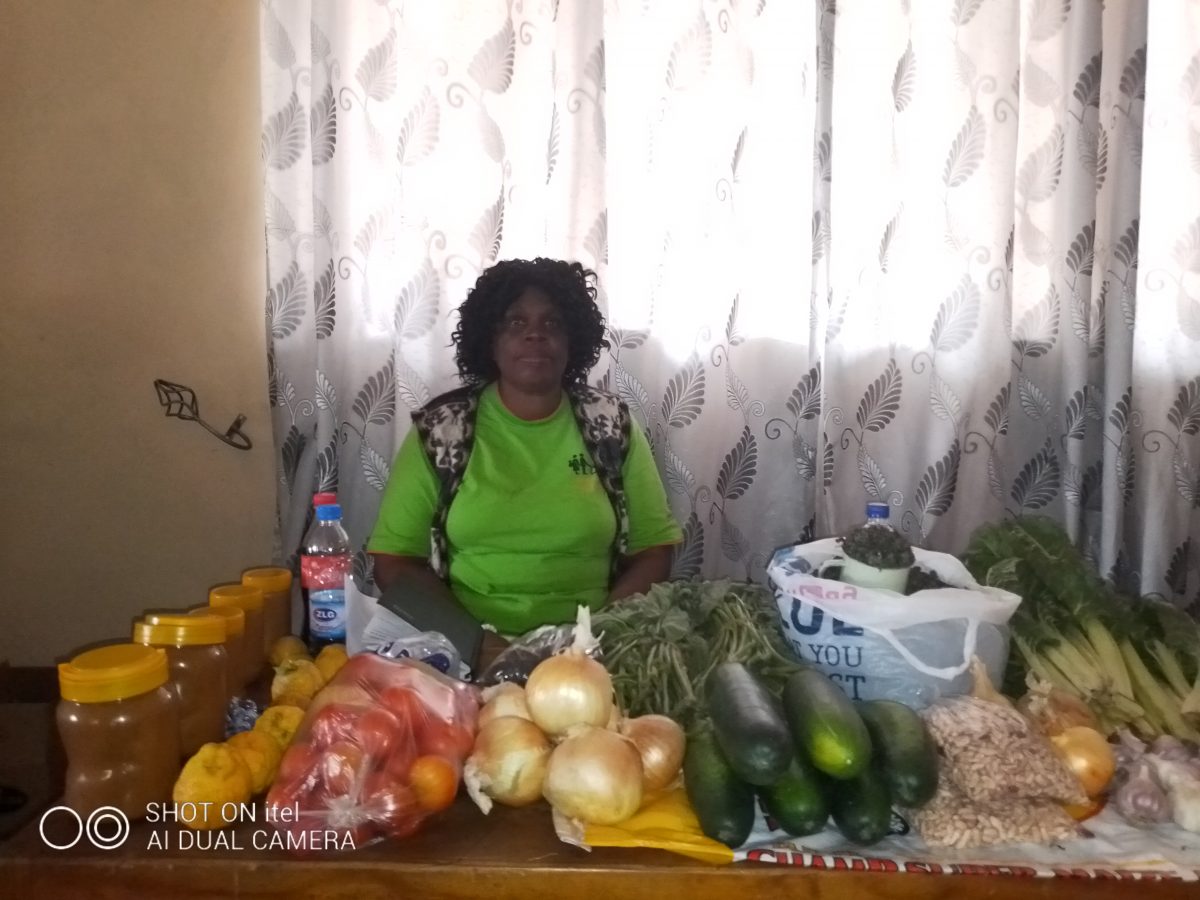Despite being confronted by the adverse impacts of climate change and COVID-19, grassroots women are united in the fight for disaster mitigation, adaptation, recovery and resilience building.
This emerged today at the 2020 Grassroots Women Resilience Building National Convention organised by the Zimbabwe Parents of Handicapped Children Association (ZPHCA). This year’s edition of the Resilience Building Convention is unique in that it comes as grassroots women are being confronted by climate change and its twin challenge of COVID-19.
In her keynote address during the official opening of the convention, Mrs. Theresa Makwara the National Coordinator of the ZPHCA encouraged grassroots women to support each other in the resilience-building journey.
“I encourage grassroots women to unite and I acknowledge that they are facing various challenges because of the combined impacts of climate change, COVID-19, and economic hardships. Despite the challenges, the women are not losing hope nor are they giving up or writing off their dreams, visions, and aspirations,” Mrs. Makwara said.
Grassroots women are playing important roles as mothers, caregivers, breadwinners, and food producers.
In her testimony, Chengetai Katsande, a grassroots women leader from Domboshava said her participation in the ZPHCA Climate Resilience Building Project has brought joy and a positive change in her life.
“The ZPHCA project is meeting its goal of reducing the potential impact of climate change-induced food insecurity amongst the women. We are collectively running a nutritional garden in the Murape area of Domboshava. In addition, we have a savings cooperative that has enabled me to extend my house from one room to five rooms.
“In the savings club, we bought each other solar panels, small livestock like poultry and goats as well as rabbits. We also support each other in digging holes under the Pfumvudza conservation farming initiative being spearheaded by the government. Our produce from the garden includes vegetables, onions, and cucumbers,” Mrs Katsande said.
The women are also rearing roadrunner chicken, which they sell to the local community. In addition, they are selling eggs, thereby contributing to community food and nutrition security.
Mrs. Bessie Mafuli, a member of the Survivors in Action, a Chitungwiza based women’s organisation said through working with Women and Land in Zimbabwe, they now have access to land in the Seke Communal land.
“As grassroots women, we are playing important roles in food production, food processing, value addition, entrepreneurship, water harvesting, reforestation, small livestock production and we are performing decision-making at family, community, ward, district, provincial, and national levels,” Ms. Mafuli said.
The women challenged traditional leaders, local authorities, and central government to channel resources to grassroots women.
The convention offered grassroots women an opportunity to collectively develop winning strategies on how they can contribute meaningfully towards bouncing back from the negative impacts of the twin challenges of climate change and COVID-19.
The projects are taking off thanks to financial and technical support from the Huairou Commission and the support from traditional leaders and the government.






